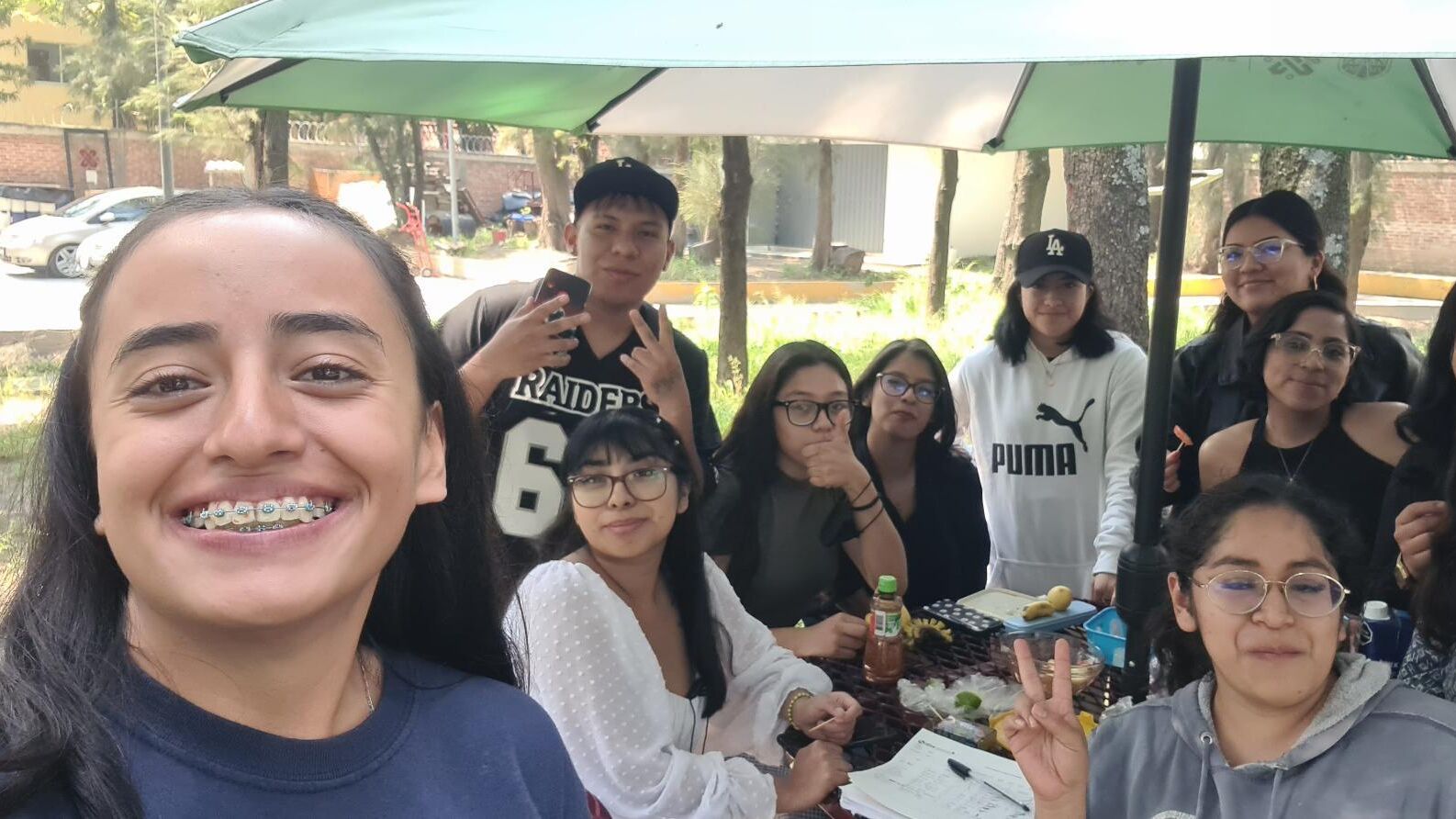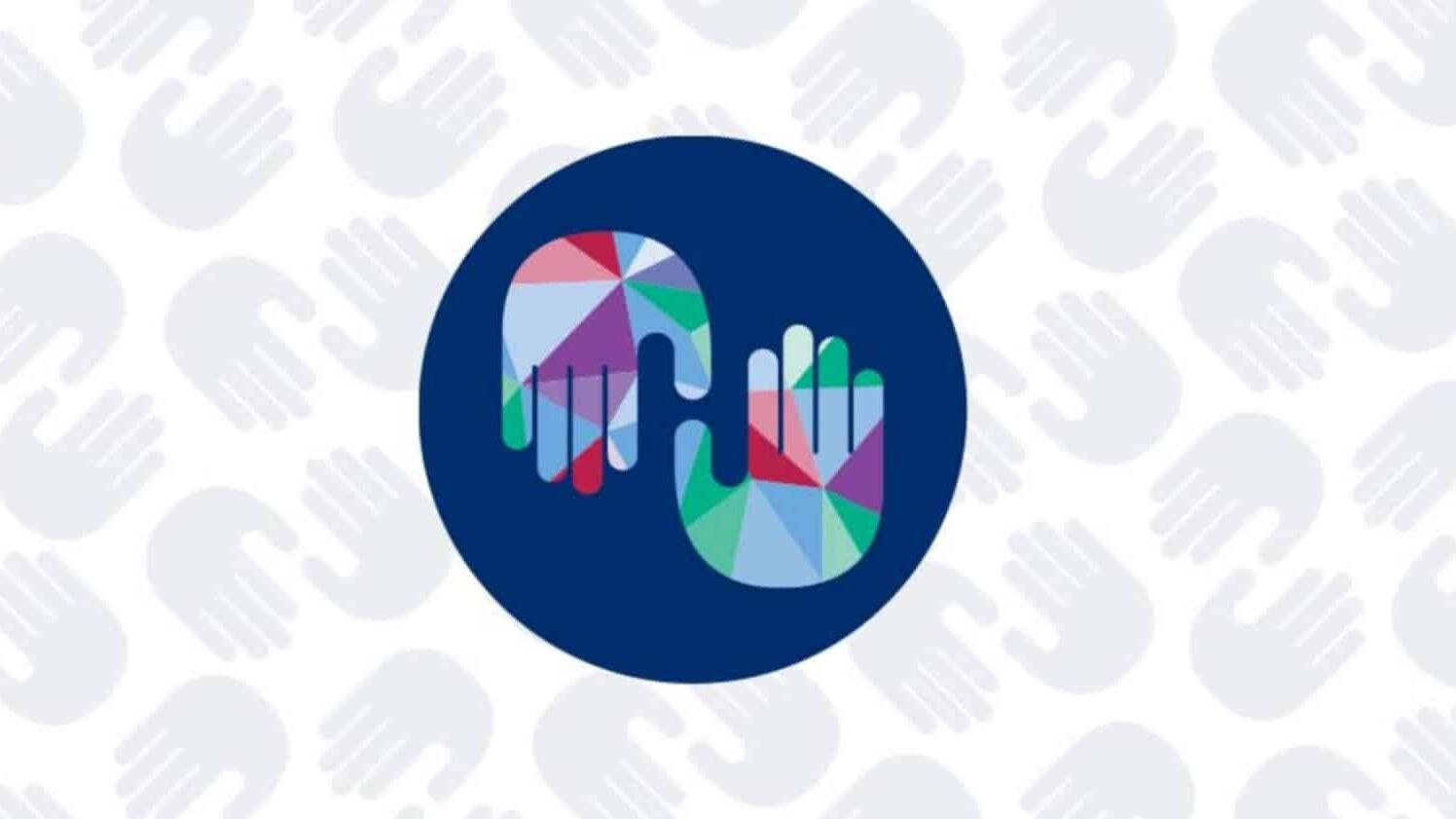

Mexico
Reducing the impact and burden of noncommunicable diseases for at-risk and underserved communities through education, health promotion, screening, and treatment
The Context
Mexico is facing a serious health crisis. Around 75% of the adult population and one in three children is either obese or overweight — and resultant noncommunicable diseases (NCDs), such as heart disease and diabetes, are the leading cause of disability and death.
Young people under 18 represent nearly 30% of the total population. The decisions they make and the habits they form today will play a significant role in shaping the future health profile of the country.
In Mexico, Project HOPE is making efforts to increase NCD prevention and care, including providing screening and long-term treatment supplies, while working with local partners to train health workers and teach people how to manage their health. We’re particularly focused on reaching communities who are vulnerable to NCDs – including at-risk young people, those who lack access to medical care, and displaced people – by giving them the knowledge and resources they need to lead healthy lives.
Our Impact
Empowering Young People to Self-Manage and Protect Against NCDs
Through the AstraZeneca Young Health Program, we’re empowering school-aged children, adolescents, and young adults with the knowledge they need to develop and practice healthier habits, while simultaneously strengthening the health services available to support them. We’re also strengthening the implementation of — and advocating for — policies and laws that help young people make healthier choices.
Increasing Access to NCD Screenings and Services
With support from Boston Scientific, Project HOPE is contributing to the reduction of NCDs by increasing access to health services for the prevention, management, and treatment of chronic kidney disease, diabetes, and hypertension.
We train medical and nursing students from the University of Guadalajara and the Universidad Atonoma de Mexico, as well as post-graduate and medical students at primary care facilities, to provide them with the skills and tools to address NCDs. We also conduct health promotion and community sensitization activities to improve prevention and screening of NCDs.
Our History in Mexico
Project HOPE has been supporting health systems in Mexico since 1999. We were initially focused on comprehensive HIV/AIDS care through training programs and community outreach.
Over the years, our efforts have expanded to address NCDs like diabetes and hypertension. We have established patient education initiatives, provided professional training, and built community support structures for affordable NCD care.
Nearly 2,400 people have graduated from our signature “5 Steps to Self-Care” program, which provides diabetes patients with the knowledge, skills, and social support they need to manage their condition and counsel others. Thousands more have received prevention and care messages through peer counseling. Participants have also demonstrated improved health outcomes, including reductions in Hemoglobin A1c levels and Body Mass Index.
Today, Project HOPE has further broadened its NCD prevention strategy to include youth and adolescents, working closely with various stakeholders, including the Ministry of Health, Ministry of Education, local nonprofits, and community leaders, to promote positive health practices among young people and their peers.




